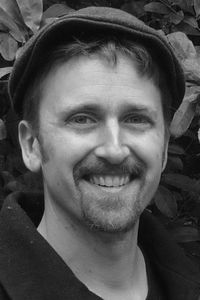 Check out the latest filmed Recovery Story from ManyFaces1Voice.
Check out the latest filmed Recovery Story from ManyFaces1Voice.
‘Patrick Fogarty received a gift on the day he was supposed to receive a sentence of years in prison.
During a caseworker’s pre-sentence investigation, Fogarty found himself being honest and telling her he had a “major drug problem.” He said, “I’m good with going back to prison. Send me back. I have nothing.”
That honesty – and the caseworker’s compassion – earned him a spot at The Healing Place in Louisville, Kentucky, the organization where Fogarty now works as a result of entering recovery in 2008.










